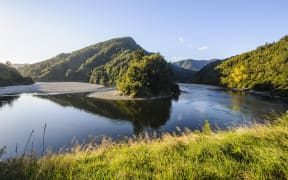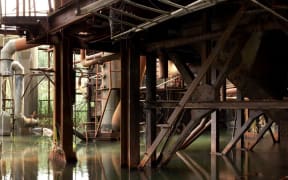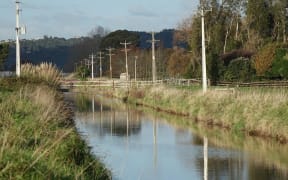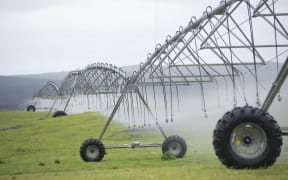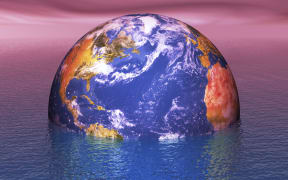The government is prioritising research in climate change, freshwater and urban ecosystems as it lays out its policy and science direction for conservation and the environment over the next 20 years.
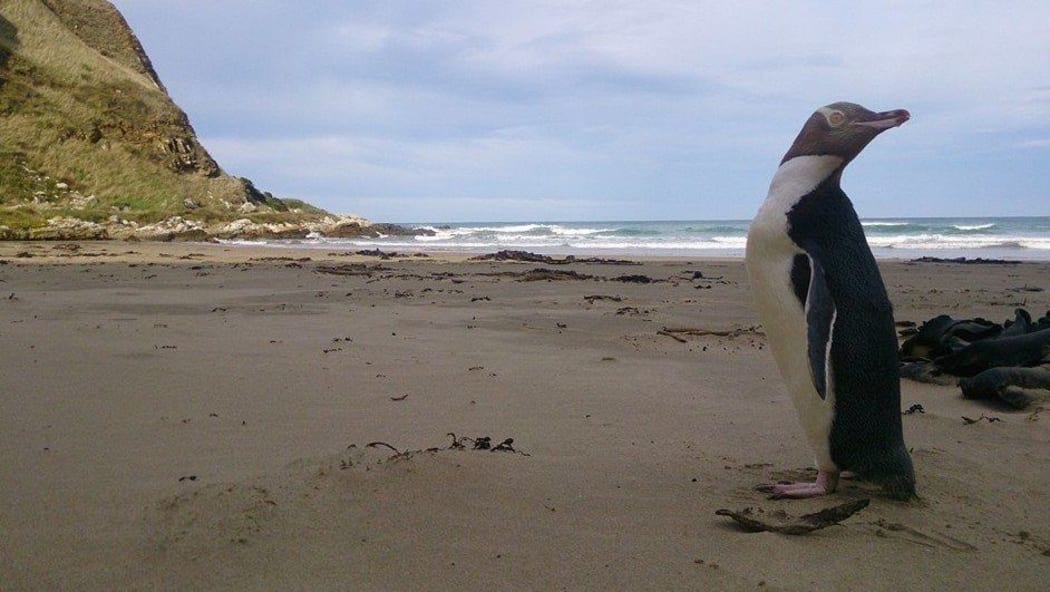
More than 80 percent of the country's 203 bird species are threatened or at risk, including the yellow-eyed penguin. Photo: Supplied
The Ministry for the Environment and the Department of Conservation have released a joint discussion document aimed at identifying key areas for research. It is described as a scientific "roadmap", and the public is encouraged to participate.
The 12 key themes of research also include using Māori knowledge systems to deal with environmental issues, marine ecosystems and biosecurity.
The government goals in the following areas include:
- Climate change - developing ways of increasing the capacity of soil as a carbon sink, and carbon capture and storage technologies for industry.
- Freshwater ecosystems - setting environmental limits and targets for conservation and environmental outcomes along with sustainable levels of economic growth, social and cultural well being.
- Land ecosystems - ensure land users understand the consequences of their management actions and are equipped to respond to these consequences.
- Urban ecosystems - city dwellers need to play a bigger role in improving environmental issues such as water and air quality.
- Populations and species - develop new, innovative tools to protect the highest priority populations and species threatened or at risk, including indigenous plants, freshwater fish and birds.
What the scientists say
Scientists are welcoming the move by the government to give direction to areas of scientific research on the environment and conservation.
University of Auckland senior lecturer in biological sciences Cate Macinnis-Ng said the document covered all the concerns about the environment and has set the groundwork for the next 20 years.
She welcomed the attention to areas such as climate change, and was pleased to see Mātauranga Maori, or Māori knowledge systems, "highlighted so fully and so carefully".
"It's a great opportunity for us to really engage with Māori a lot more and also work with their different environmental management approaches."
The president of the Association of Scientists, Craig Stevens, agrees it is a good overarching document that identifies all the areas that he hoped the government would prioritise.
However, he is concerned that the roadmap is out of sync with the National Science Challenges, which focus science investment on 11 specific issues.
"If the challenges are to fulfill their mission we've still got another eight years of work to go, and they're eight years when we would be hoping to be implementing the sorts of things that we're now only looking at in a roadmap."
He said that there are parallels with the science being looked at between the two different initiatives which could put pressure on funding, "so there's a couple of masters here at play for the research dollars."
Submissions on the document close in September.

